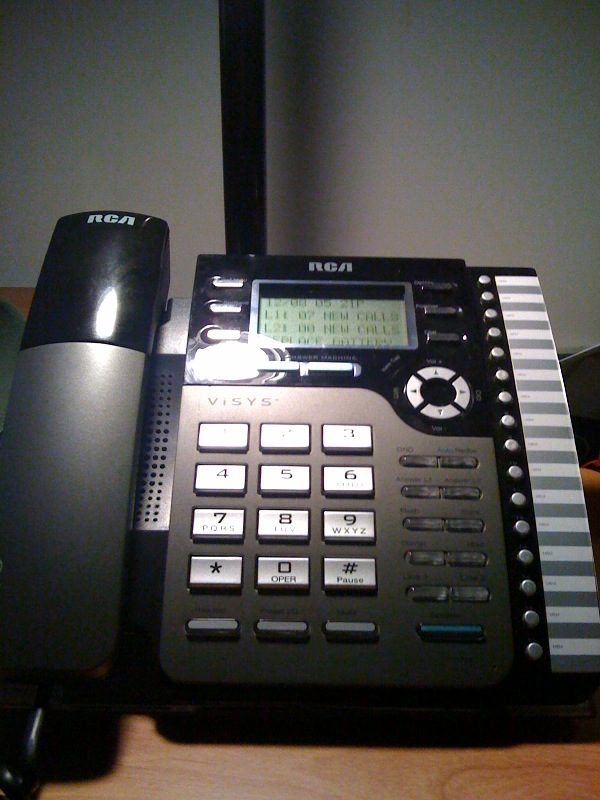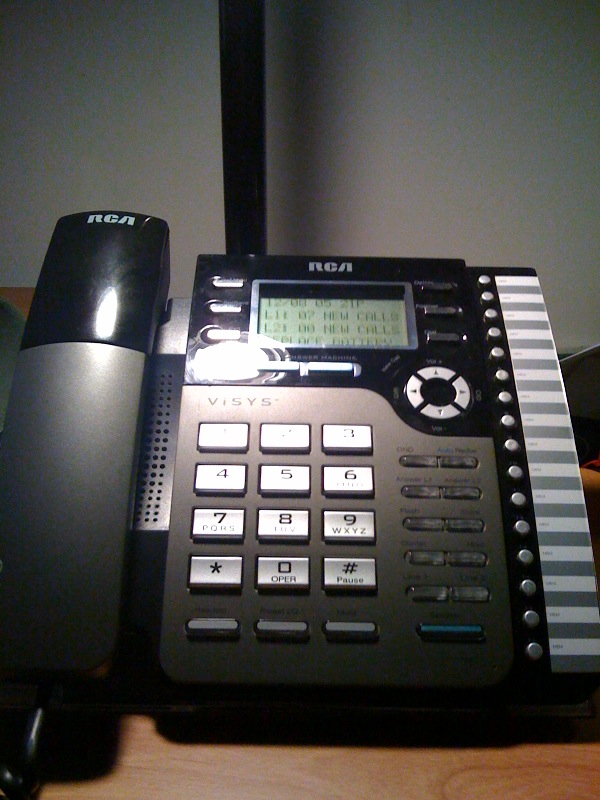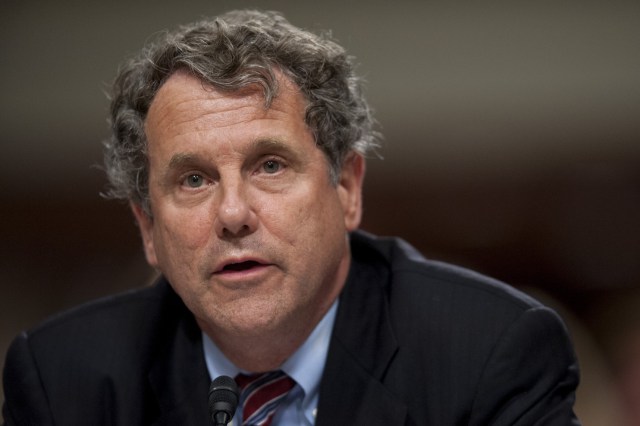
The FCC is now seeking comment on the transition from the legacy circuit switched voice network to a future all-IP network. This announcement is the beginning of a long and arduous process that will have profound financial and regulatory implications for, if history is any guide, the next 50-100 years.
The elephant in the room in any discussion of upgrading or replacing the old publicly switched telephone network (PSTN) to an IP network is Universal Service. Universal telephone service has long been a political sacred cow for the simple reason that running telephone cables to rural areas is expensive and under basic economic principles the cost could not be recovered at the price for service. The Universal Service Fund (USF) was established to compensate rural telephone companies for their costs. If you pay a phone bill, you pay into the USF in addition to your carrier. Rural telcos can then keep the prices down, at levels deemed acceptable by state public utilities commissions. Since most Senators and many Representatives have rural constituencies, messing with the USF is political kryptonite.
Since IP networks carry digital data which may be used for voice services (VoIP), but are not dedicated to telephone service they do not currently qualify for Universal Service where an existing voice circuit currently exists. When we hear of the need for Universal Broadband, this is why we don’t have it. The economic costs are too high for the price and the internet isn’t covered under the USF. However, many rural carriers are providing IP services to their customers at sustainable costs. They can do this by running fiber optic cable subsidized by the USF as a telephony service to homes where they are the local exchange carrier. They can then provide these homes with broadband internet over fiber optic cable at market prices without losing money. However, once the data network is in place, the homeowner can use an phone service they want, not necessarily the local providers. They pay the provider for the broadband only.
The end game here is twofold.
1) Because of both the politics and the fact that data can be anything – a phone call, a TV show, a web page – the USF provision will need to be transferred from the telephone “pipe” to the “data” pipe.
2) Applying the USF to data pipes, will create a subsidy and subsequent price regulation for Universal Broadband, something that many policy makers have been hoping for, for a long time.
I agree. We can no longer view the wires (or wireless signals) that come in to our homes as service-specific. They are all just data and capable of being any of the services we might subscribe to. Just as at the beginning of the twentieth century, the cost of running cables to sparsely populated rural areas, can not be recovered in the prices charged for their usage. Therefore, these new data pipes should be built and regulated under the USF or similar newly constructed mechanism.

